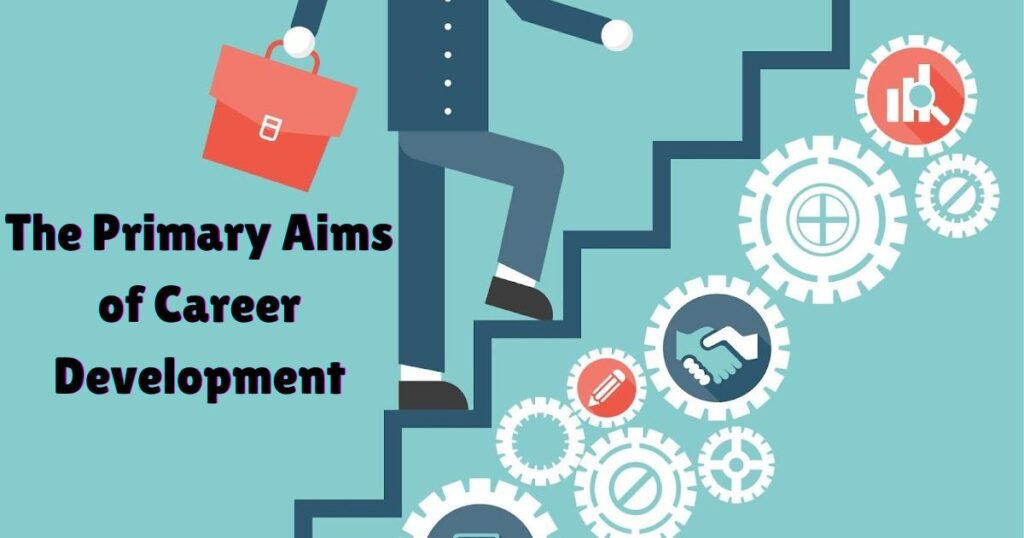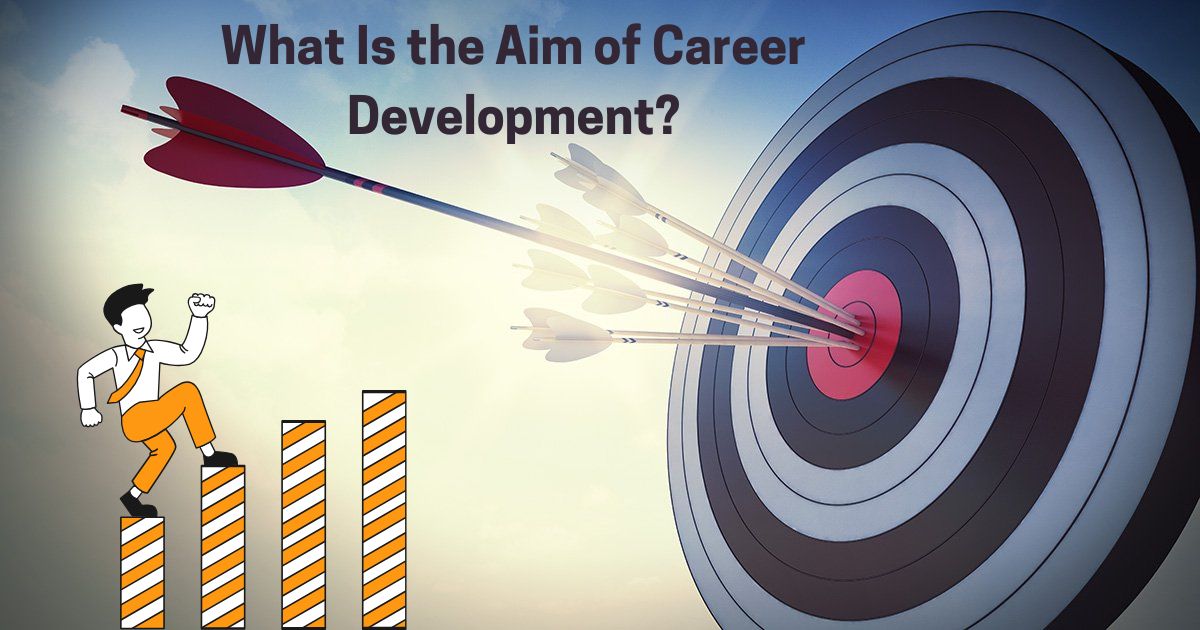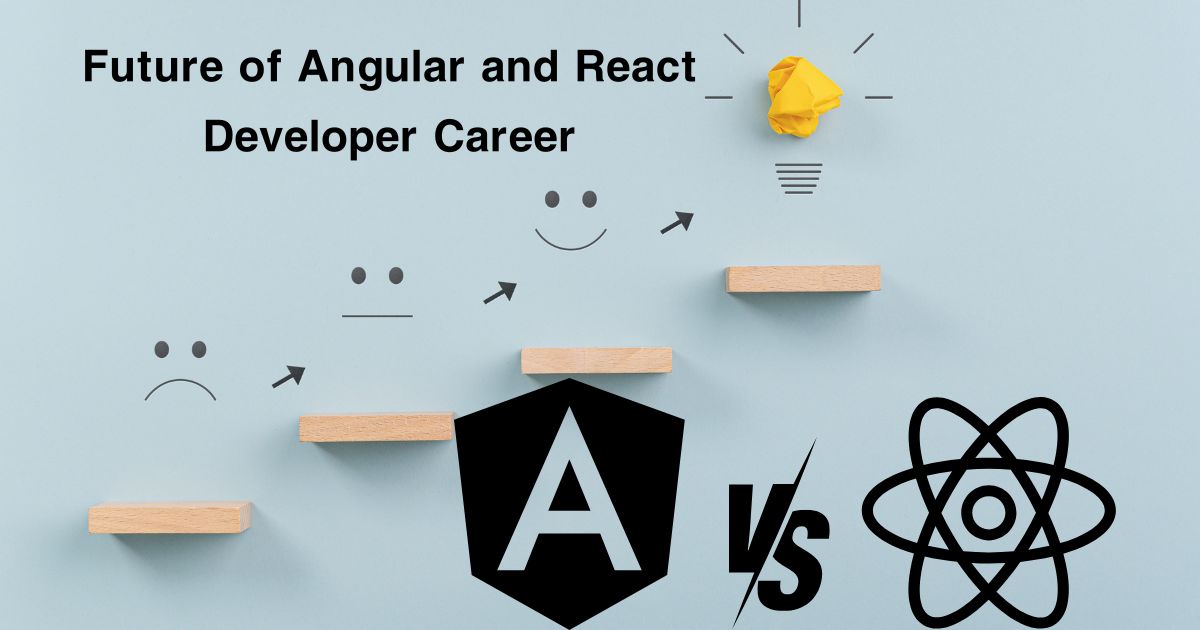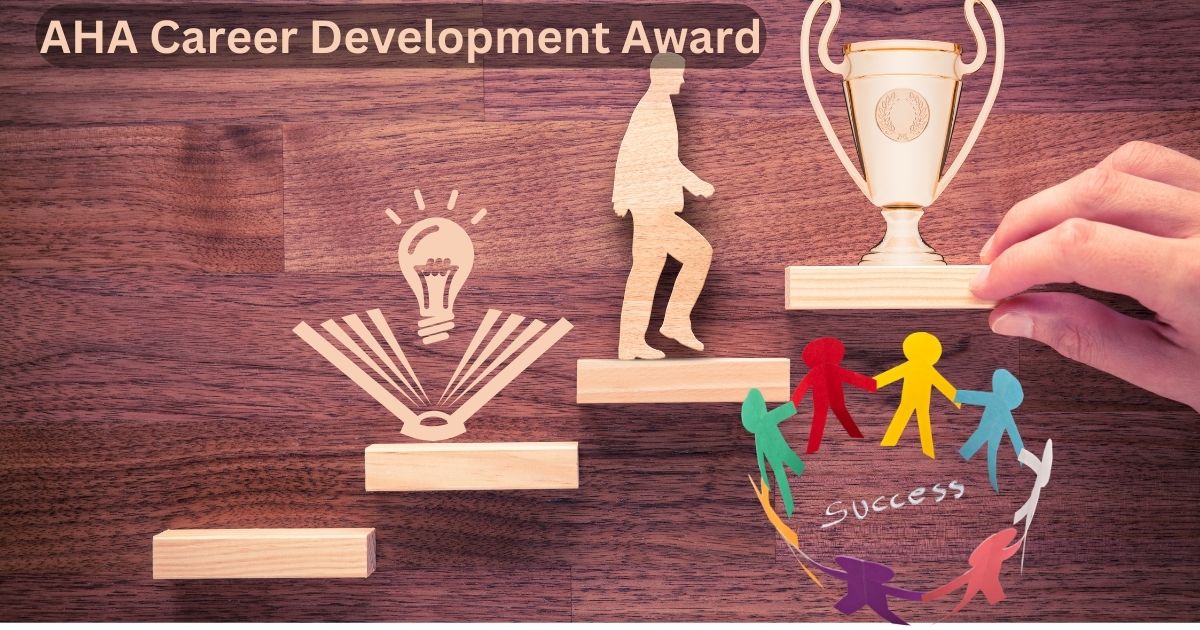Table of Contents
ToggleIntroduction
Understanding Career Development
Career development is not just about landing a job or earning a promotion. It’s a lifelong journey that combines personal growth, professional achievements, and adaptability in the ever-evolving job market.
It involves:
- Skill-building: Gaining knowledge and abilities to excel in one’s chosen field.
- Goal-setting: Identifying short-term and long-term objectives.
- Networking: Building relationships that enhance career opportunities.
- Self-assessment: Regularly evaluating one’s strengths, weaknesses, and interests.
The Primary Aims of Career Development

The Primary Aims of Career Development
1. Personal Growth
Career development focuses on helping individuals recognize and achieve their potential. By identifying personal strengths and aligning them with career goals, it encourages continuous self-improvement.
- Example: Learning new technical skills or developing leadership capabilities to take on more significant roles.
2. Professional Advancement
A key aim of career development is to provide a clear roadmap for moving forward professionally. It enables individuals to:
- Earn promotions.
- Transition into different industries.
- Take on more challenging and rewarding roles.
This advancement not only enhances personal satisfaction but also contributes to organizational success.
3. Job Satisfaction
Career development empowers individuals to pursue careers that align with their passions and values, leading to greater job satisfaction. When people feel fulfilled at work, they are more engaged, motivated, and productive.
4. Adaptability to Change
In today’s fast-paced world, career development prepares individuals to adapt to changes such as technological advancements or shifts in industry demands. It encourages lifelong learning to stay competitive and relevant.
5. Improved Work-Life Balance
By identifying career paths that suit one’s lifestyle and aspirations, career development helps in achieving a better balance between professional and personal life.
Benefits for Organizations
Career development doesn’t only benefit individuals—it’s equally important for organizations. Businesses that invest in career development programs often experience:
- Higher employee retention: Workers are more likely to stay with employers who support their growth.
- Enhanced productivity: Skilled and motivated employees contribute more effectively.
- Stronger leadership pipeline: Career development prepares employees for future leadership roles, ensuring smooth transitions.
How to Start Your Career Development Journey
1. Set Clear Goals
Identify where you see yourself in the next 5, 10, or 20 years. Break these goals into manageable milestones.
2. Seek Guidance
Work with mentors, career coaches, or supervisors who can provide valuable insights and advice.
3. Invest in Learning
Take courses, attend workshops, or pursue certifications that align with your career goals.
4. Embrace Feedback
Regular feedback from peers and managers helps you identify areas for improvement and refine your approach.
FAQs About What Is the Aim of Career Development?
1. What is career development?
Career development is the process of managing and improving your career through self-assessment, skill-building, goal-setting, and exploring new opportunities. It’s a lifelong journey of personal and professional growth.
2. Why is career development important?
Career development is essential because it helps individuals achieve their career goals, adapt to changes in the job market, and find fulfilling work. For organizations, it boosts employee satisfaction, retention, and productivity.
3. What are the key components of career development?
The main components include:
- Setting short-term and long-term career goals.
- Building skills and gaining new knowledge.
- Networking and seeking mentorship.
- Evaluating and adjusting goals regularly.
Conclusion
What Is the Aim of Career Development?
The aim of career development is to empower individuals to reach their full potential while contributing meaningfully to their organizations. By focusing on personal growth, professional advancement, and adaptability, career development ensures success in an ever-changing world.
Whether you’re just starting your journey or looking to make a career shift, investing in career development is a step toward achieving long-term satisfaction and success.




